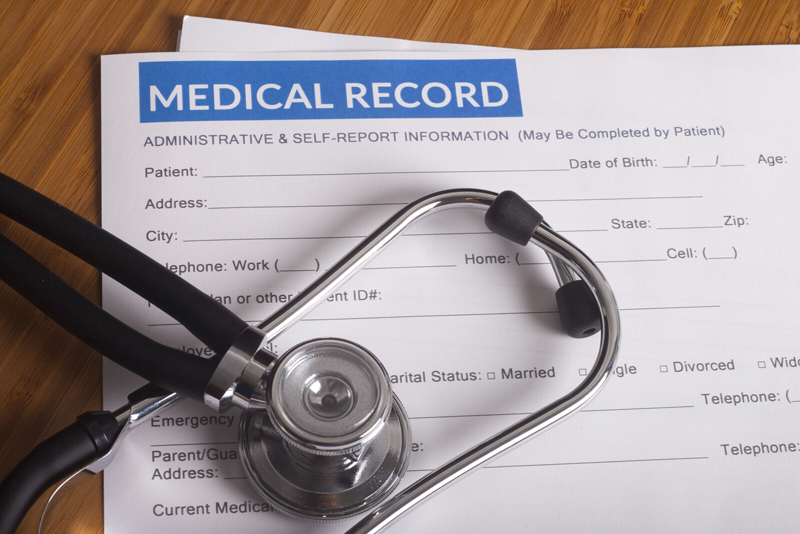Medical records play a significant role when determining eligibility for SSA (Social Security Administration)’s social security disability benefits. Without the right medical evidence made available via medical chart reviews, there is no way a disabled applicant can prove the extent of his or her disability. Proper medical documentation means accurate and reliable medical records from relevant healthcare providers.
From Whom Does the SSA Require Medical Documentation?
The SSA would require medical evidence from physicians who are treating the claimant currently. This is so as to have a clear understanding of the claimant’s medical history, and get an opinion regarding the claimant’s health condition. A claimant who submits medical evidence from his/her primary treatment providers directly to the SSA will be able to speed up the claims processing. It is best to send the primary treatment provider’s evaluation and a letter specifying what the claimant can or cannot do and why, along with the medical records and reports submitted to the SSA. Licensed physicians other than chiropractors, licensed/certified psychologists, licensed podiatrists and qualified speech-language pathologists come under SSA’s “acceptable medical sources”. The claimant can either submit all the evidence available from these credible sources, or give a complete list of all the providers to the SSA so that they can collect the required evidence. Medical information may also be required from the hospitals where the claimant has undergone treatment.
Medical Documentation Types Needed
- Medical history including previous diagnoses and medical problems
- Clinical exam results and lab findings
- Diagnoses of current disabling conditions
- Treatment(s) prescribed, how the claimant responded to the treatment, prognosis
- Medical opinion from the treatment provider(s) regarding what the claimant can currently do despite the disability. Information should be provided regarding the claimant’s work-associated mental and physical abilities.
- Medical evidence pertaining to the claimant’s symptoms such as pain and fatigue that affect his/her ability to do work. The SSA will consider things such as the limitations the plaintiff experiences in his/her daily activities, factors that trigger the symptoms or worsen them, side-effects of any medications, treatments adopted to manage symptoms and so on.
Important Considerations
The medical documentation provided must be timely, in the sense that it must be applicable to the claimant’s current medical condition. Typically, the SSA would require records that are not older than 6 months. However, to understand the overall medical picture, older records also may be needed. Importantly, the documentation must be accurate and from “acceptable medical sources.” Any medical opinion presented must not be refuted by objective evidence. Apart from being timely/appropriate and accurate, the medical evidence presented must contain adequate information that would enable the SSA to determine the nature and severity of the claimant’s medical condition or disability.
To conclude, whether it is for disability determination by the SSA, or medical peer review for insurers, or determination of medical necessity, medical records are very important. Claimants working with disability lawyers can better ensure that they have sufficient collection of all the required medical records and thereby increase their chances of securing an approval from the SSA.
Disclaimer: The content of this blog has been sourced from reliable internet resources and is meant for informational purposes. For a professional legal opinion, consult an experienced social security disability lawyer.




